In Vietnam, in response to World Mental Health Day, the Central Psychiatric Hospital 2 issued Official Dispatch No. 437/CV-BV dated September 29, 2025 requesting the Department of Health of provinces/cities to direct specialized Psychiatric Hospitals and Provincial/City Centers for Disease Control to organize propaganda activities such as: hanging banners, propaganda slogans, providing mental health counseling to people, organizing rallies and talks, integrating other health communication activities..., ensuring effectiveness and suitability to the practical situation in the locality.
Mental health is the foundation for a person's well-being and effective functioning. It is a state of balance, both within the body and with the environment, that is not simply the absence of mental disorders, but also includes the ability to understand and manage one's emotions, maintain healthy relationships, and cope with stress and challenges in life.
With the current complex developments around the world, more and more disasters and emergencies are occurring. These crises disrupt families, livelihoods and essential services, and have a significant impact on mental health. Most people affected by natural disasters such as storms, floods, tsunamis, earthquakes... or conflict situations, wars, accidents... experience feelings of anxiety, sadness, despair and many health problems such as: insomnia, fatigue, irritability, anger or pain. These are normal reactions to very stressful events.
It is estimated that around 1 in 5 people (22%) in conflict-affected areas suffer from a mental illness such as depression, anxiety, post-traumatic stress disorder, bipolar disorder or schizophrenia. Approximately 13% of the conflict-affected population suffers from mild forms of depression, anxiety and post-traumatic stress disorder, and 9% suffer from moderate or severe mental disorders. Depression tends to increase with age and is more common in women.
The 2025 theme again highlights that these are areas where mental health disorders are likely to occur more frequently and many of those affected need access to mental health care as well as other basic needs.
Therefore, providing mental health support to individuals and communities during such crises is not only an urgent need but also important in creating a solid spiritual foundation, helping them to be strong enough to face emergencies, heal, recover and rebuild their lives.
In order for mental health care in emergencies to be implemented in a coordinated and focused manner, experts have made recommendations on various forms of support and actions. Specifically:
Sectors need to develop emergency response plans, including risk assessment, vulnerability assessment, capacity building, coordination mechanisms and contingency plans;
Establish an interdisciplinary team to coordinate the implementation of activities according to the set instructions and plans;
Strengthen community resilience and social support, ensuring the participation of vulnerable groups, especially people with mental health conditions;
Orientation for frontline staff on psychological first aid, thereby providing emotional and practical support to people experiencing acute stress;
Share key messages and service information, helping people know how to respond positively to difficulties and proactively seek help when needed;
Provide clinical mental health care in general practice settings, using trained and supervised staff and procedures in accordance with the mhGAP Humanitarian Intervention Guideline (mhGAP-HIG). Implement evidence-based psychological interventions for people experiencing chronic stress;
Protect and promote the rights of people with serious mental illnesses, including those living in psychiatric hospitals, social care facilities and rehabilitation clinics for drug addicts;
Establish referral networks between mental health professionals who provide general health care, community support, and other relevant services (such as schools, social services, and emergency relief services) to enhance comprehensive support.
A person with good mental health not only feels comfortable in work, study, and communication, but also enjoys life more fully. Making mental health and psychosocial support a core part of emergency response not only saves lives but also contributes to strengthening communities, enhancing long-term resilience after a crisis, and building a strong and complete health system.
Source: https://soyte.camau.gov.vn/bai-khoa-hoc-chinh-tri-va-xa-hoi/tiep-can-dich-vu-cham-soc-suc-khoe-tam-than-trong-tham-hoa-va-tinh-huong-khan-cap-289527




![[Photo] Opening of the World Cultural Festival in Hanoi](https://vphoto.vietnam.vn/thumb/1200x675/vietnam/resource/IMAGE/2025/10/10/1760113426728_ndo_br_lehoi-khaimac-jpg.webp)
![[Photo] Unique Phu Gia horse hat weaving craft](https://vphoto.vietnam.vn/thumb/1200x675/vietnam/resource/IMAGE/2025/10/10/1760084018320_ndo_br_01-jpg.webp)
![[Photo] Ho Chi Minh City is brilliant with flags and flowers on the eve of the 1st Party Congress, term 2025-2030](https://vphoto.vietnam.vn/thumb/1200x675/vietnam/resource/IMAGE/2025/10/10/1760102923219_ndo_br_thiet-ke-chua-co-ten-43-png.webp)
















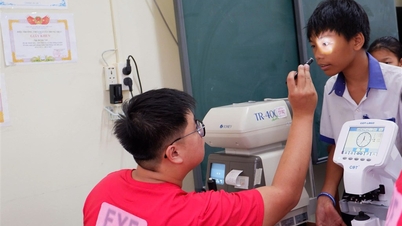


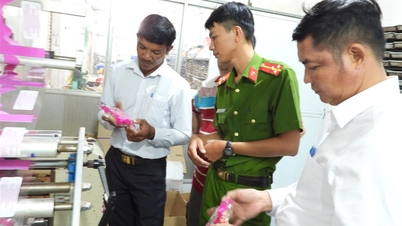

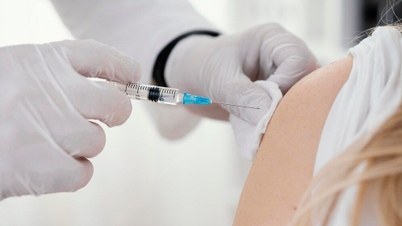


















































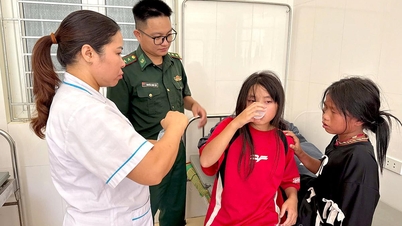


















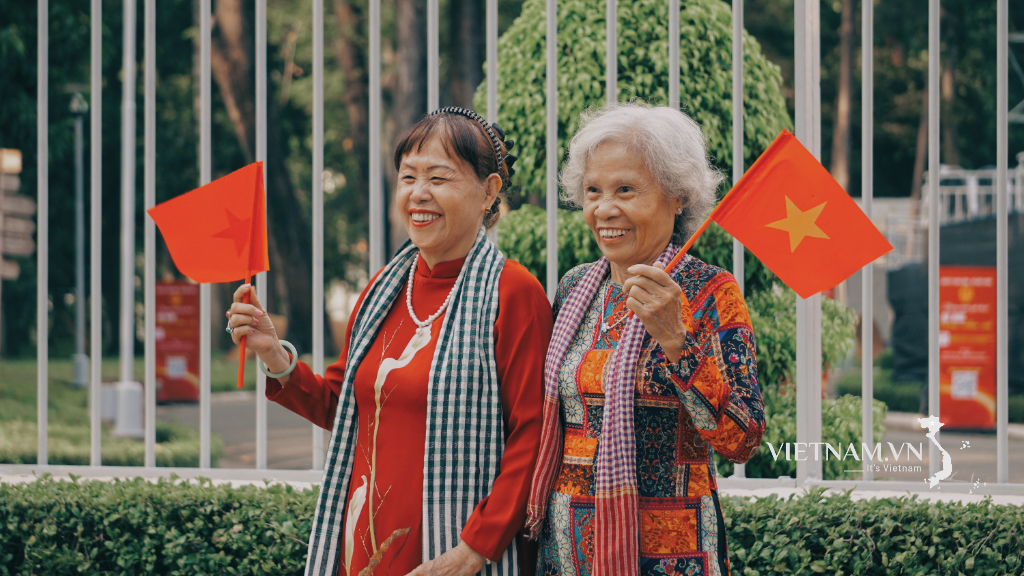
Comment (0)